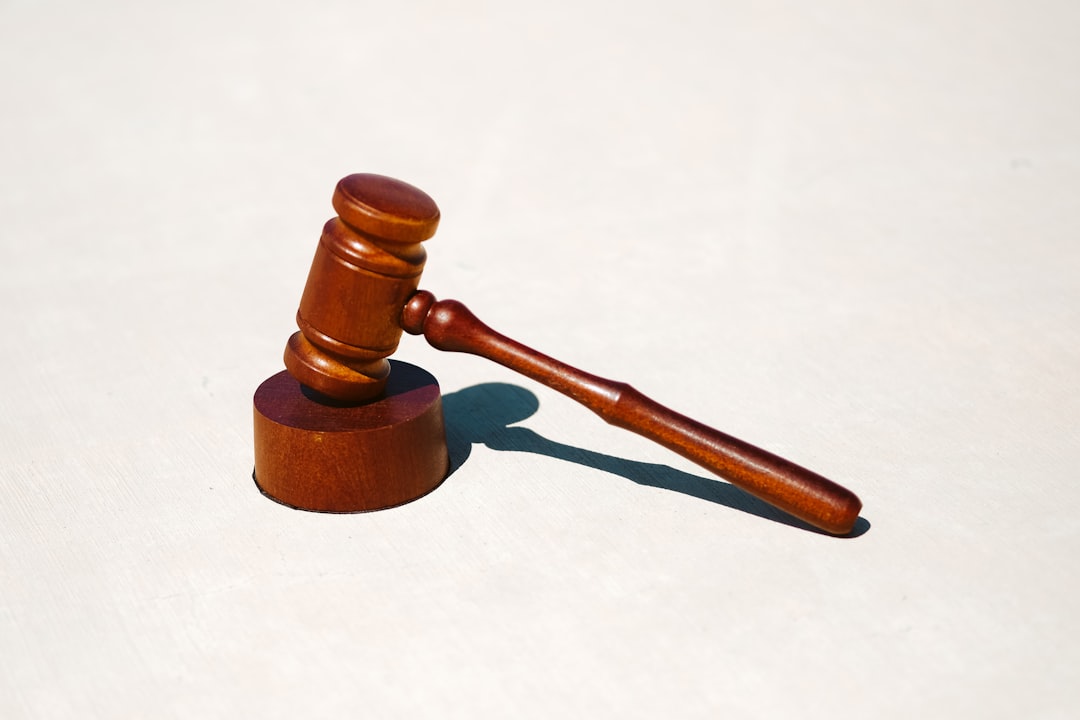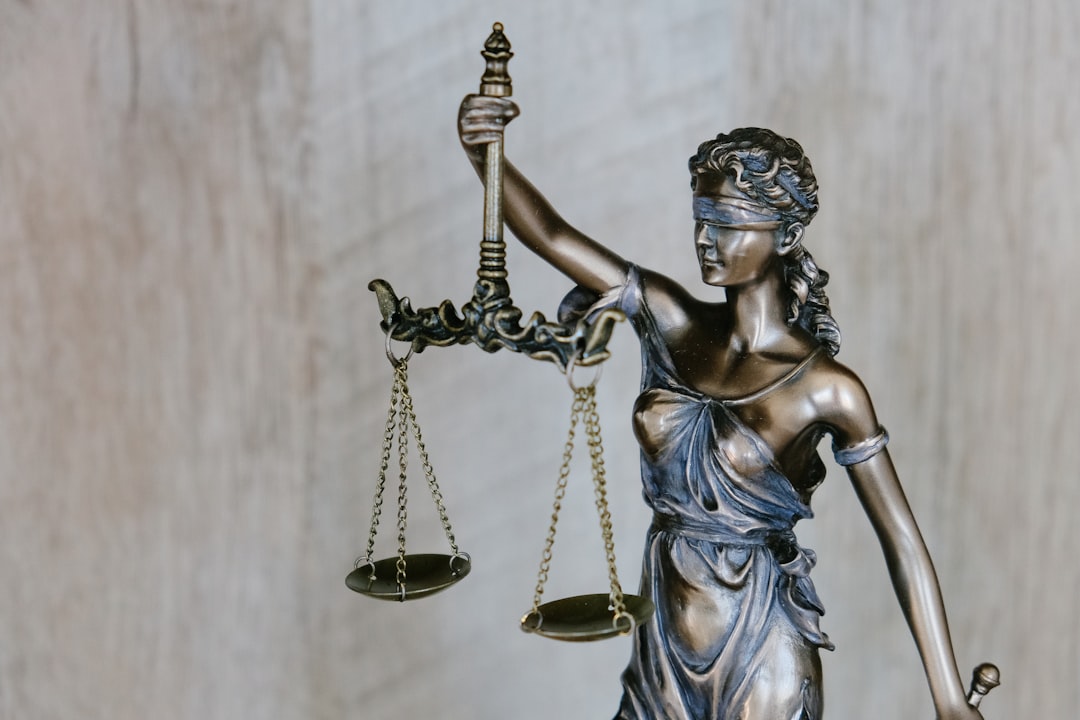In Connecticut, defending rights in sexual assault claims is paramount. Understanding state laws, which prioritize survivor autonomy and stringent prosecution standards, is crucial. A skilled sexual assault lawyer plays a vital role, navigating complex legal landscapes to ensure justice. Building a robust case hinges on compelling evidence and testimonies, while the legal process itself demands careful navigation. This guide explores these aspects, empowering individuals to pursue justice with support tailored to their unique circumstances. For those seeking a sexual assault lawyer in Connecticut, understanding these elements is essential for a favorable outcome.
Understanding Sexual Assault Laws in Connecticut

In Connecticut, sexual assault is taken extremely seriously, with strict laws in place to protect victims and hold perpetrators accountable. A sexual assault lawyer in Connecticut can guide individuals through this complex legal landscape. The state defines sexual assault broadly, encompassing a range of non-consensual sexual acts or behaviors. This includes unwanted touching, sexual penetration without consent, and any form of sexual contact that violates someone’s personal boundaries.
Understanding the specific laws related to consent is crucial. Connecticut has clear guidelines on what constitutes informed consent, which must be freely given, specific, and enthusiastic. If an individual cannot give consent due to intoxication or other factors, any sexual act can be considered assault. Victims have rights, including the right to seek justice through legal channels. A sexual assault lawyer can help navigate these rights, ensuring victims receive the support and compensation they deserve while navigating the criminal justice system.
The Role of a Sexual Assault Lawyer

When facing sexual assault claims in Connecticut, having an experienced sexual assault lawyer by your side is invaluable. These legal professionals are advocates for victims’ rights, dedicated to ensuring justice and fair treatment throughout the legal process. Their expertise lies in understanding the complexities of Connecticut’s laws regarding sexual assaults, which vary widely from other states.
A sexual assault lawyer in Connecticut guides clients through each step, offering strategic advice tailored to their unique situation. They help navigate the often emotional and challenging journey, providing support and representation in court proceedings. These lawyers possess in-depth knowledge about evidence collection, witness interrogation, and legal strategies to challenge questionable evidence or testimony. Their primary goal is to protect the rights of the accused while also seeking resolution for victims, ensuring their voices are heard and their interests are protected.
Building a Strong Case: Evidence and Testimonies

Building a strong case in sexual assault claims is paramount, and a skilled sexual assault lawyer in Connecticut can help navigate this complex process. The foundation of any successful claim lies in compelling evidence and credible testimonies. Collecting and presenting robust evidence is crucial to proving the assault and ensuring justice. This includes medical records detailing injuries or examinations, forensic evidence from the scene, and any available security footage.
Testimonies play an equally vital role. Victims should feel supported as they share their experiences with trusted individuals, such as friends, family, or a professional advocate. A sexual assault lawyer can help organize these testimonies, ensuring they are well-documented and consistent. Corroborating evidence from multiple sources strengthens the case significantly, providing a clear and undeniable narrative of the assault.
Navigating the Legal Process and Support Available

Navigating the legal process in a sexual assault claim can be daunting, but individuals in Connecticut have rights and resources available to support them. A qualified sexual assault lawyer in Connecticut is crucial for guiding survivors through this complex landscape. They understand the intricate laws surrounding these cases and can ensure that victims’ rights are protected throughout the entire process.
Support services are also readily available to assist survivors. Legal aid organizations, advocacy groups, and counseling centers offer guidance, resources, and a safe space for individuals to share their experiences. These services cater to the specific needs of sexual assault survivors, ensuring they have access to the help required to heal and pursue justice.






